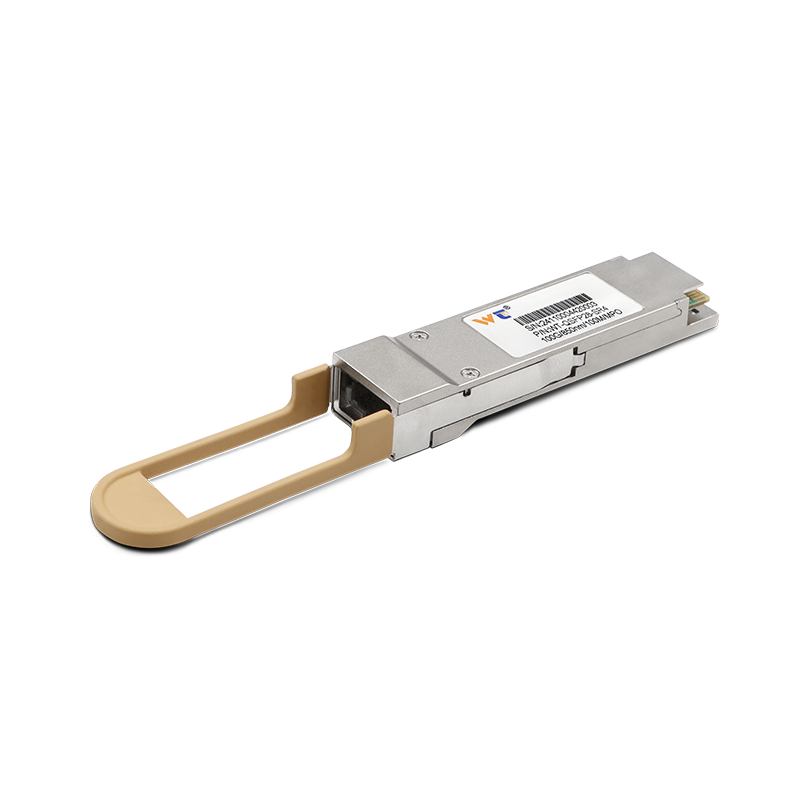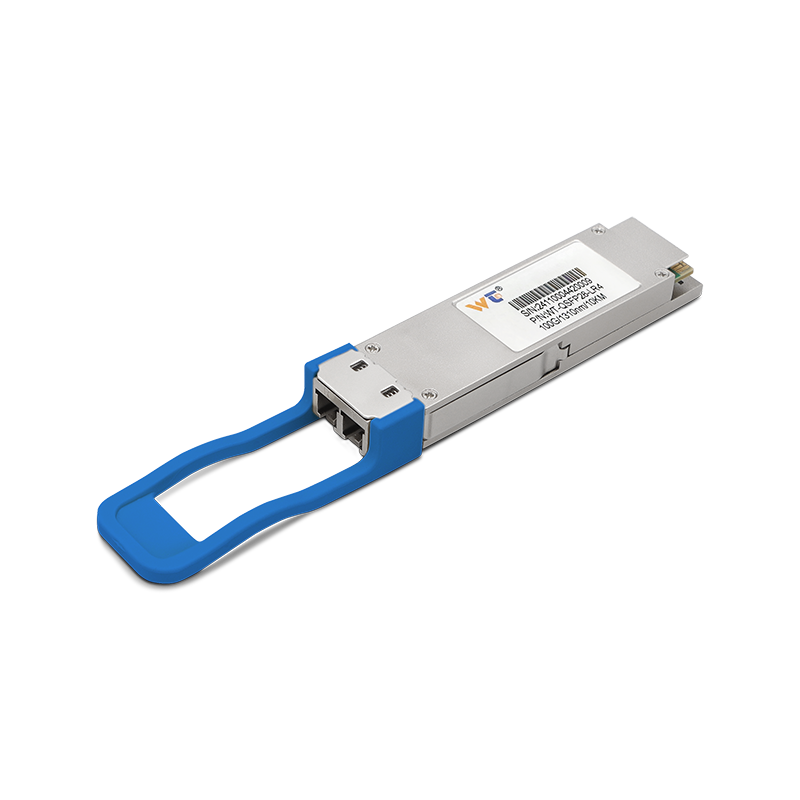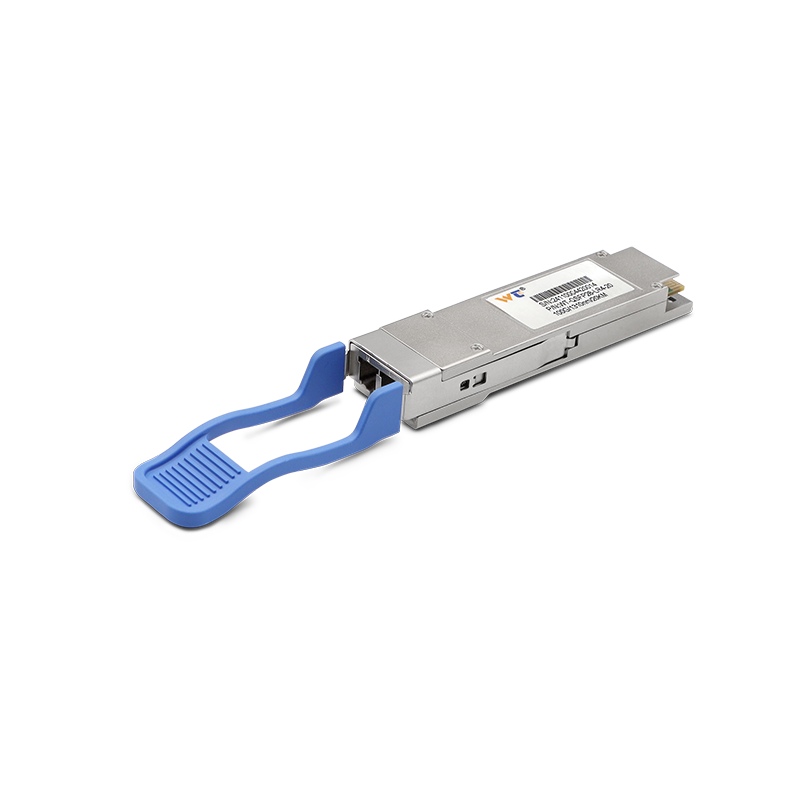In today's digital landscape, network security is paramount. One fundamental method to safeguard a network is through the use of passwords. However, not all passwords are created equal. A good password is one that is difficult for others to guess but easy for the user to remember.
A strong password typically consists of at least 12 characters and includes a mix of uppercase letters, lowercase letters, numbers, and special symbols. This complexity makes it significantly harder for attackers to crack passwords using brute force methods. For instance, a password like "P@ssw0rd123!" is far more secure than "password123".
Moreover, the use of passphrases—a sequence of words or a sentence—can enhance security. For example, "BlueSky!Runs@2023" combines multiple words with symbols and numbers, making it both memorable and robust. It’s essential to avoid common phrases or easily accessible personal information, such as birthdays or names, as these can be easily guessed or found through social engineering.
Password managers can also play a crucial role in maintaining strong passwords. They generate and store complex passwords, allowing users to create unique passwords for every account without the burden of remembering each one. This practice significantly reduces the risk of password reuse, which is a common vulnerability.
In addition to creating strong passwords, implementing two-factor authentication (2FA) adds an extra layer of security. This method requires not only a password but also a second form of verification, such as a text message code or an authentication app. This means that even if a password is compromised, unauthorized access is still prevented.
As we look to the future, the importance of strong passwords and security measures will only increase. With the rise of cyber threats, individuals and organizations must prioritize password security as a fundamental aspect of their overall security strategy. By adopting best practices and staying informed about evolving threats, we can better protect our networks and sensitive information.
In conclusion, a good password is not just a string of characters; it is a critical component of network security. By understanding the principles of strong password creation and utilizing additional security measures, we can significantly enhance our defenses against cyber threats.






